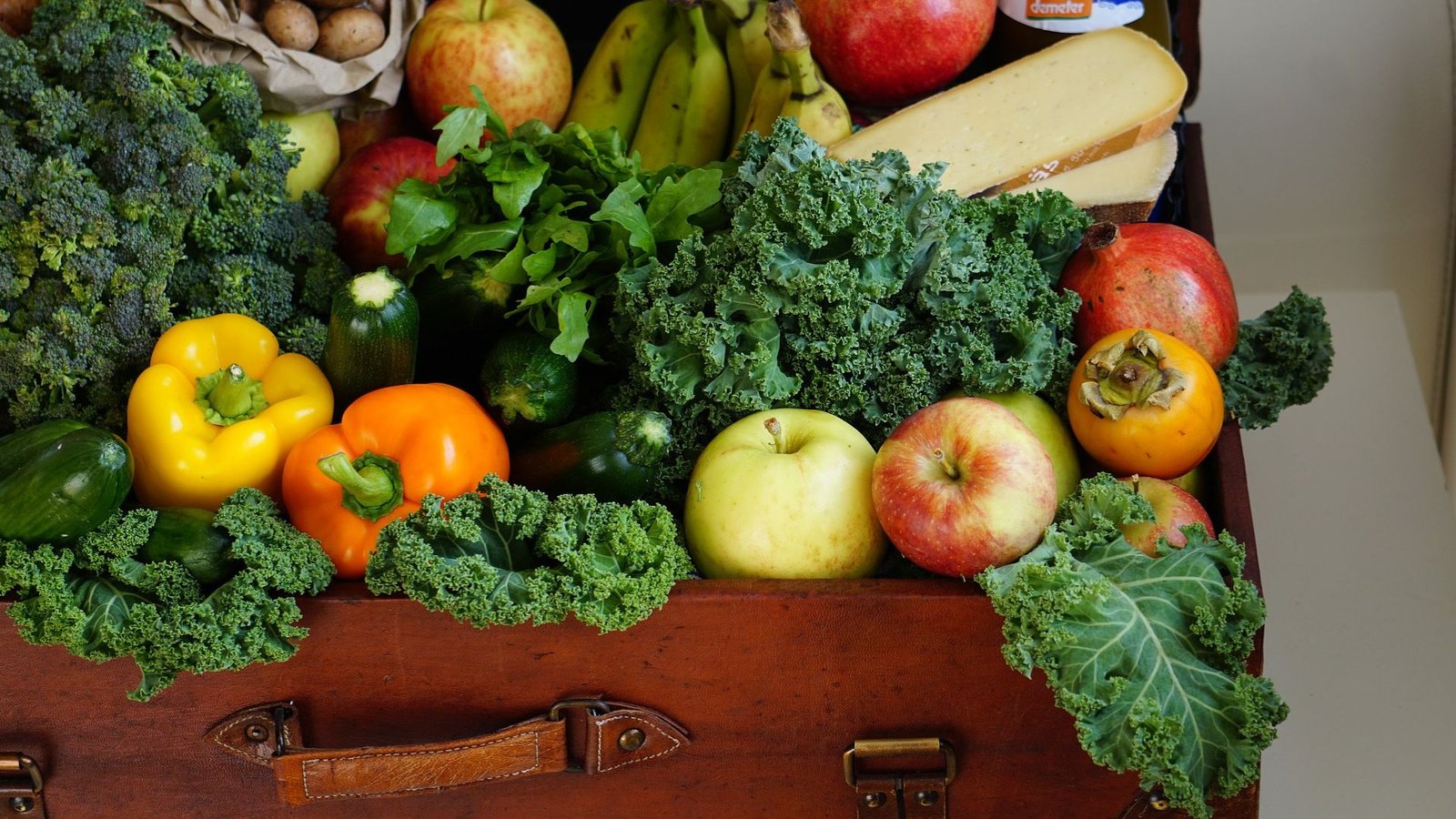Eating seasonal foods has long been considered one of the best ways to optimize nutrition. When fruits and vegetables are in season, they tend to be fresher, more flavorful, and packed with essential nutrients. In addition to enhancing your diet, eating seasonally supports sustainable farming practices and reduces your environmental footprint. But how exactly does eating seasonal foods contribute to better nutrition? Let’s explore the many reasons why seasonal eating is beneficial to both your health and the planet.

Maximized Nutrient Content
One of the biggest benefits of eating seasonal foods is that they are often at their peak in terms of flavor and nutritional value. When fruits and vegetables are harvested at their natural ripeness, they contain higher levels of vitamins, minerals, and antioxidants. As produce sits on shelves or travels long distances from farm to store, it may lose some of its nutritional content. Seasonal foods, however, are picked when they are fully ripe and are usually consumed soon after, preserving their nutritional integrity.
Why It Matters:
- Fresh, in-season produce has higher concentrations of vitamins, such as Vitamin C, Vitamin A, and folate.
- Seasonal foods provide essential antioxidants that help combat oxidative stress and promote overall health.
- The fresher the food, the better the absorption of its nutrients by your body.
Better Flavor and Taste
In addition to nutrition, seasonal foods tend to have better flavor. Foods that are grown in their natural season are allowed to ripen on the plant, which means they have a more intense and enjoyable taste. Fresh, in-season fruits and vegetables are typically sweeter, juicier, and more aromatic than those that have been stored or shipped from other regions.
Why It Matters:
- More flavorful foods encourage a more enjoyable and satisfying eating experience.
- A diverse and tasty selection of fruits and vegetables can inspire creativity in the kitchen, leading to healthier, more varied meals.
Increased Availability of Local and Fresh Foods
Eating seasonal foods often means choosing local produce. Local foods don’t have to travel long distances, which means they can be harvested closer to their peak freshness. Local seasonal produce is not only fresher but also supports local farmers and sustainable agriculture practices. By eating locally, you reduce your carbon footprint and contribute to your community’s economy.
Why It Matters:
- Locally grown produce supports farmers and encourages sustainable agricultural practices.
- Reduced transportation costs and shorter food supply chains mean less environmental impact.
- Fresh, local foods often come with a lower price tag due to reduced shipping and storage costs.
Cost-Effectiveness
Seasonal foods are generally less expensive than out-of-season options. When produce is in season, it’s more abundant, and the supply increases, driving down the price. Additionally, because local and seasonal foods don’t need to be shipped from distant places or stored for long periods, they are more affordable for consumers. Eating seasonally can help reduce your grocery bills while still providing nutritious options.
Why It Matters:
- Seasonal foods are often more affordable, allowing you to enjoy healthier meals without stretching your budget.
- Savings from eating in-season can free up funds for other health-related expenses, such as exercise or wellness programs.
Conclusion
Eating seasonal foods offers numerous benefits, from improving the nutritional quality of your meals to supporting local farmers and reducing your environmental impact. By incorporating more seasonal produce into your diet, you can enjoy fresher, more flavorful foods that provide essential nutrients, are better for your digestive system, and even help save money. Whether you’re focusing on vibrant fruits in the summer or hearty root vegetables in the fall, eating with the seasons can optimize your health and well-being year-round.











